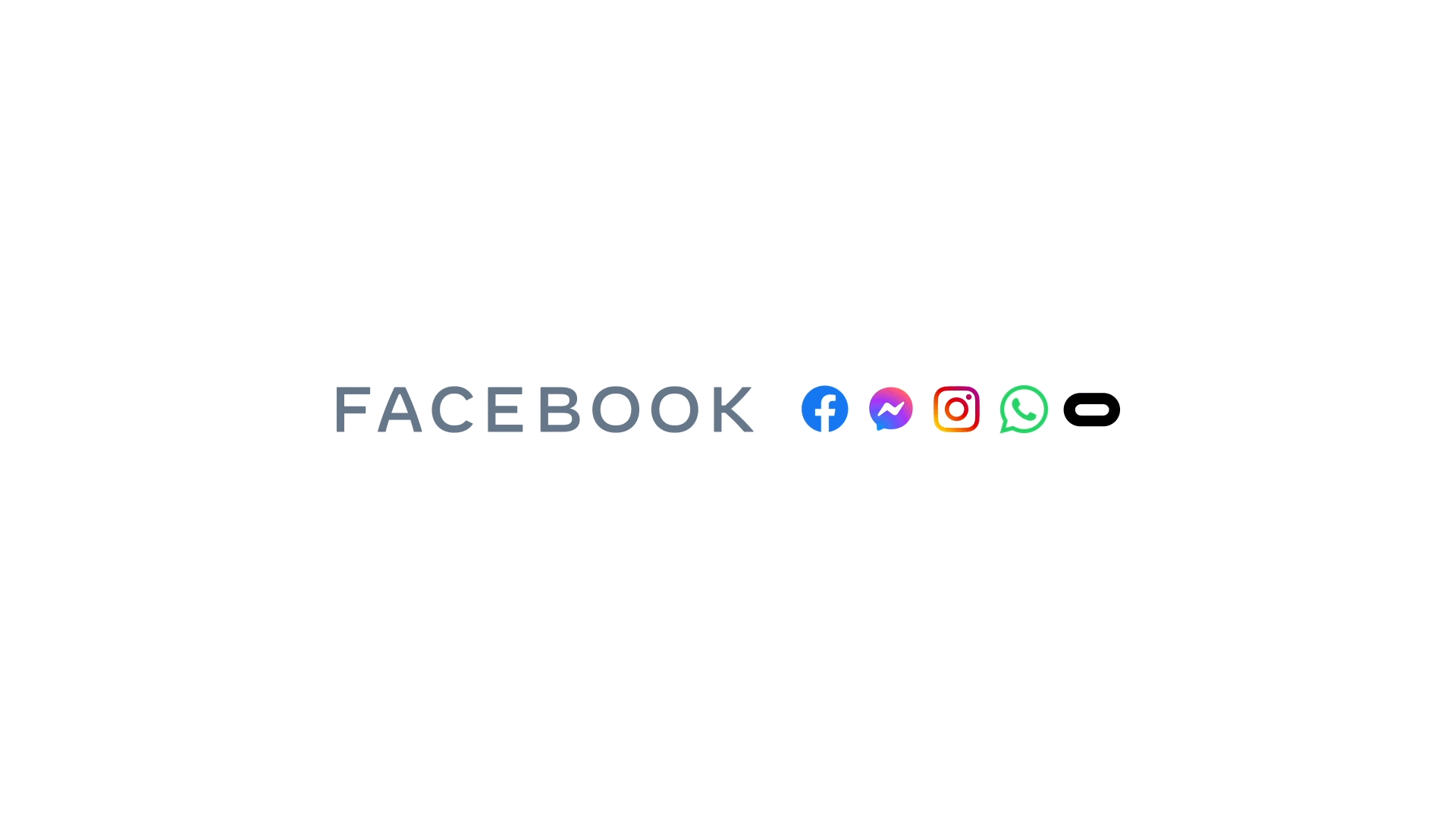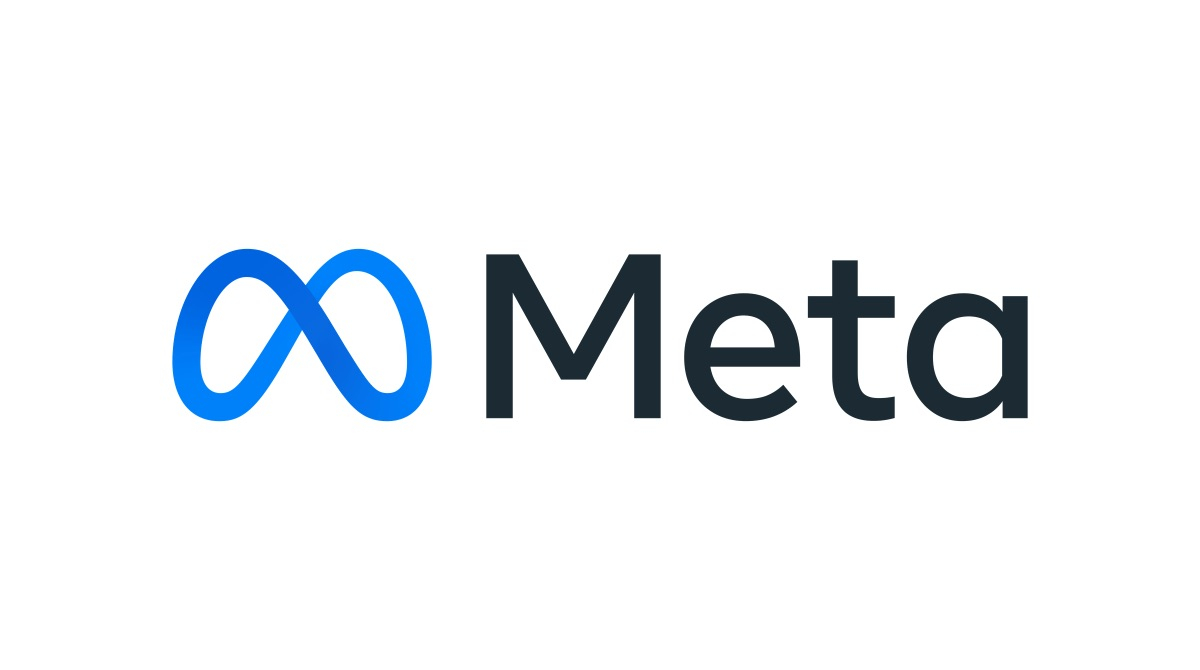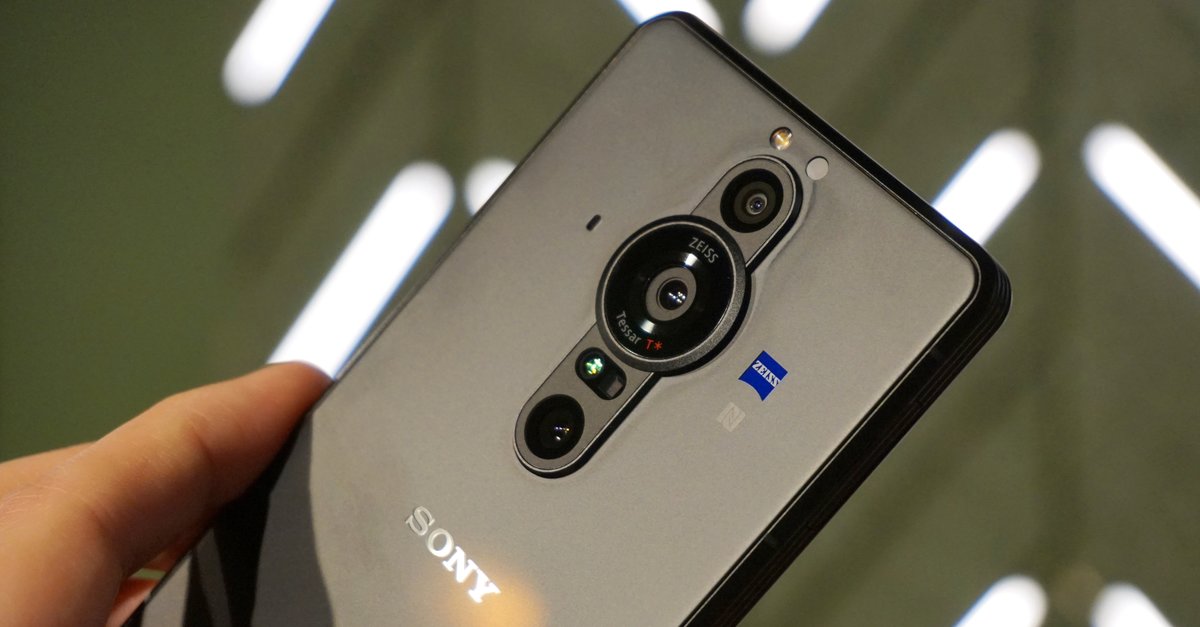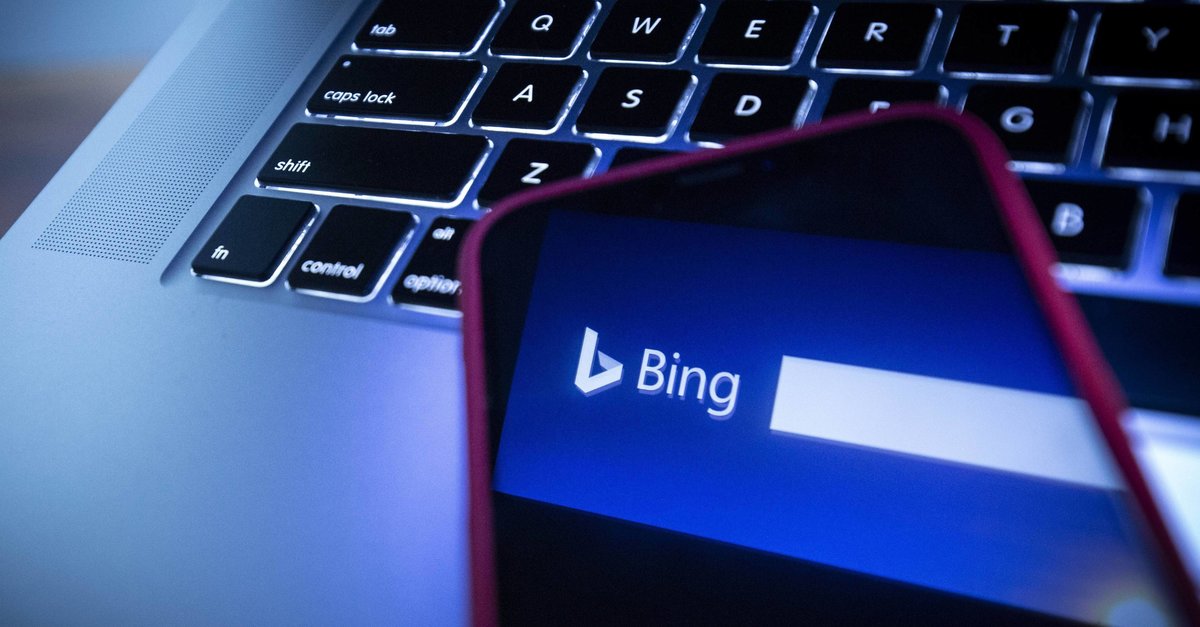Zuckerberg is serious: Facebook is now called Meta
The fact that Mark Zuckerberg would use his keynote speech at the annual “Facebook Connect” conference to announce a new name for the company, which was previously known as Facebook, had been the subject of speculation for days. Above all, the scandals, which are only gradually emerging from the so-called Facebook papers, are said to have haunted the head of the social media platform. It is now clear: Facebook is now called Meta.
From now on Facebook is called Meta. (Source: Facebook, uh Meta)
Meta is a Greek word and in German means something like “next level”, change, further development. That is what Zuckerberg wants to express with the name. Facebook has just become too narrow as a name for the company, explained the meta boss at Connect. After all, Facebook is much more than just Facebook. In future he wanted his company to be perceived as a Metaverse company. The new name “Meta” is supposed to ensure that.
Right now, our brand is so closely associated with a product that it cannot possibly represent everything we do today, much less will do in the future. I hope that in time we will be perceived as a Metaversum company and I want to align our work and identity with what we are working towards.
– Mark Zuckerberg
In a detailed “Letter of incorporation” explains the new meta and old Facebook boss his vision Design blog the designers involved in the rebranding explain the processes.
Important for investors: the corporate structure will not change, but the way financial reporting will change. From the results of the fourth quarter of 2021, Meta wants to report on two operational units: The Family of Apps and the Reality Labs. Trading under the new stock market ticker MVRS is also expected to begin on December 1st.
The name change is not intended to affect how data is used or passed on.
The term “Metaverse” was initially rumored as the future name for the former Facebook. Mark Zuckerberg had used it on the Wednesday before Connect in a Facebook post on his account, at least conceptually. With that he had further fueled speculation.
The group understands the name “Metaverse” as a mixed world of reality and virtuality. Mark Zuckerberg has long been talking about the fact that in the future people will no longer meet in social networks, but in virtual spaces. His dream: a modern second life. The group recently announced that it would create 10,000 jobs in Europe.
During the course of Thursday, a team with security escort covered the company sign in front of the Facebook headquarters in Palo Alto, California, with a stable and opaque cover. At this point, at the latest, it was clear: something will change that has to be on the name tag.
As a foreword to Connect, Mark Zuckerberg responded proactively to why he was focusing on “the future” right now, when there were enough problems in the present. Zuckerberg said in a nutshell: When we think this way, there is never a good time to focus on the future.

The transformation has taken place. (Source: Meta)
Zuckerberg did not get right to the point at the beginning of his keynote. Rather, he had a wild graphic presentation prepared that was supposed to show how Zuckerberg imagined the Metaverse – a world in which robots play cards and fish swim in tree tops and in which you no longer have to move personally, but can send an avatar , or even any number of avatars.
The metaverse should be an open representation in which people should determine for themselves how they want to present themselves. At the same time, privacy and security should be the basic conditions for the construction of the new mixed world – hard to believe from the mouth of Mark Zuckerberg.

Now he says it: Facebook is now called Meta. (Screenshot: t3n / Youtube)
Zuckerberg then admitted that the metaverse was still years away. His company is now working on Horizon, a kind of Metaverse AI framework, on the basis of which third-party developers can also program their own experiences. The users themselves should also be able to use the framework to design their personal metaverse.
Individual impressions of a possible metaverse can already be experienced now, says Zuckerberg. And that via Oculus Quest, the company’s VR headset. The main focus here is on games. Grand Theft Auto is currently under development and should come in a special version on the Quest. Fitness apps are also in the works. In addition to the leisure aspects, Zuckerberg also wants to transfer the world of work and education into the metaverse. There will soon be courses for developers on this, for example on Coursera.
In general, Zuckerberg wants to support the developer community more. This should include subsidized hardware such as Oculus headsets, but software tools should also be offered either free of charge or at the lowest possible cost.
One of these tools is the new Spark AR-based presence platform, an SDK that can be used to transfer motion sequences from the real world to virtuality. First of all, the platform promises better integration of your own hands in order to be able to use them more naturally in VR / AR environments.
Zuckerberg invites politicians to develop the Metaverse at an early stage. Because the development will take years anyway, it is not a problem to initiate regulatory processes in good time. This has been more difficult so far because the technology has developed faster than one could have assumed.
That is why society always had to catch up and would never have been in a position to make a decision beforehand. That is supposed to change. The metaverse should be open to everyone and accordingly openly discussed.
Cambria is a new headset that is not supposed to be the successor to the Quest, but a completely new development. The headset comes in 2023 and should offer significantly better sensors, better optics and more performance. The features will later flow into the Quest product line.
Ultimately, the vision is to bring a “supercomputer” into a normal glasses frame. Two sides are working on this. On the one hand, so much current technology should be packed into one pair of glasses. On the other hand, it should be defined what should actually be packed into a spectacle frame.



